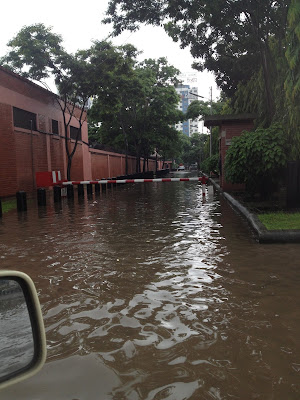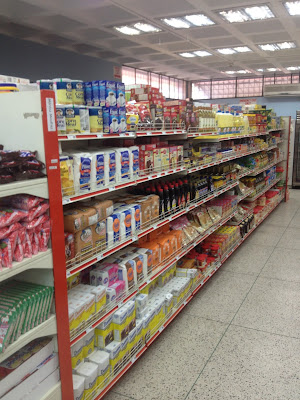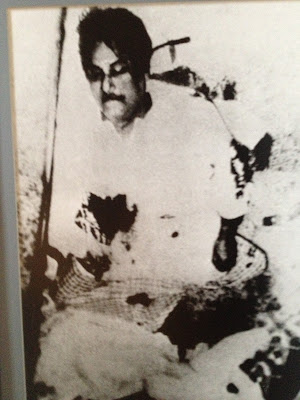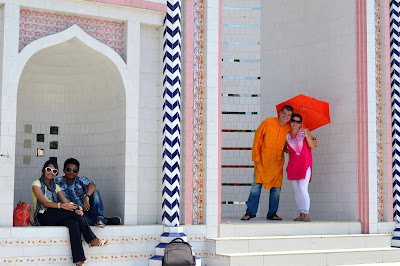There is nothing as lovely as a monsoon rain on an unbearably hot, dusty afternoon. All of a sudden you hear a deep rumble of thunder from the skies, signaling the onset of the monsoon rains. I have never seen rain like in Bangladesh. The clouds release their loads in torrents. Sheets of water hurry down so hard and so fast that visibility goes down to nothing. There is no wind, so it is just a constant downpour that mingles with the humid, warm day.
As people run for cover, I can see some laugh. Smiles come out as we marvel at the rains, which bring out Bangladesh’s beauty.
Back home, the rain is cold and unwelcoming. You just stay home with a hot drink and a good book, seeking the comfort of the bed. In Bangladesh, umbrellas are actually used when sun is out and absent in the rain. Instead, people welcome the water. Sure enough, in minutes, the streets are flooded. But the dust and pollution are gone, the heat has dissipated.
You can actually breath the air once again!


























































.jpg)
.jpg)


.jpg)


